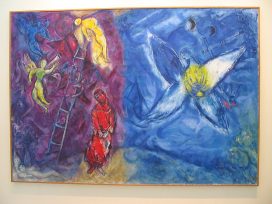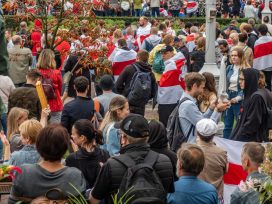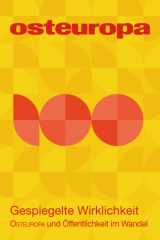PhD in Philosophy, taught philosophy at the European College of Liberal Arts, Minsk, Belarus (ECLAB) until 2021, which she co-founded in 2014. She also taught philosophy at the European Humanities University in Minsk (2001-2004) and Vilnius (2005-2014 in exile).
In August 2020, she co-founded the feminist group within the ‘Coordination Council’ initiated by Belarusian opposition politician Sviatlana Tsikanouskaya. After being jailed in October 2020 for her political activity, she fled to Vilnius. She lives in exile and has been a fellow at the Institute for Human Sciences (IWM) since July 2022.
2006–2014 co-editor of Novaja Europa, now member of the Editorial Board of the Ideology and Politics Journal and pARTisan. She has published three monographs: Community-after-Holocaust: On the way to the inclusion society (Minsk: ECLAB books, 2018, in Russian); Wake of Political Life: An Essay on the Philosophy of the Public Sphere (Vilnius: EHU, 2010, in Russian); and The Face of the Revolution is Female: The case of Belarus (2021 in German and in Russian; 2022 in Lithuanian).



